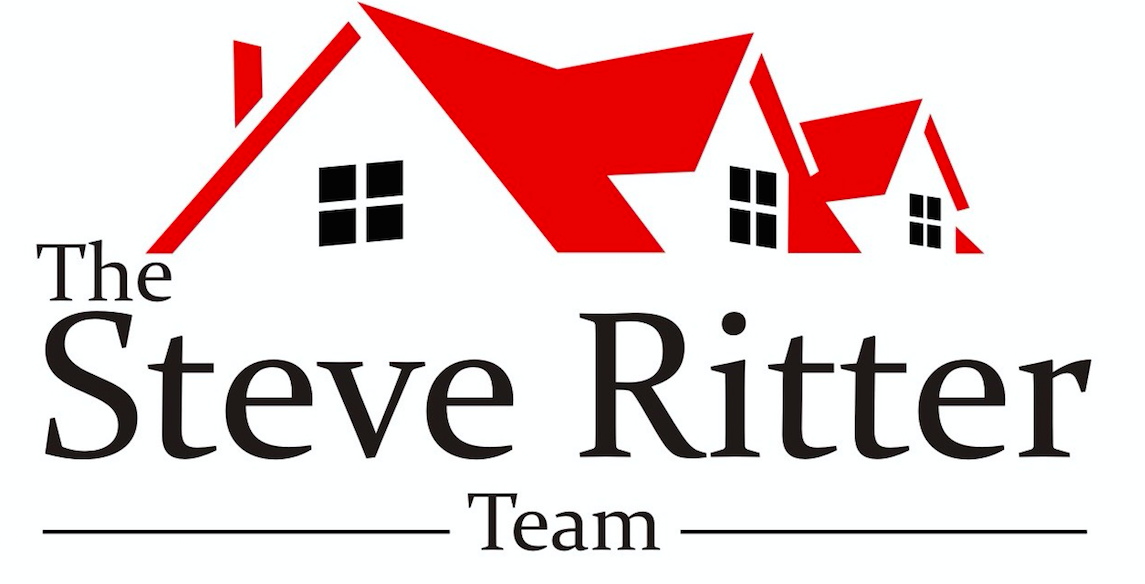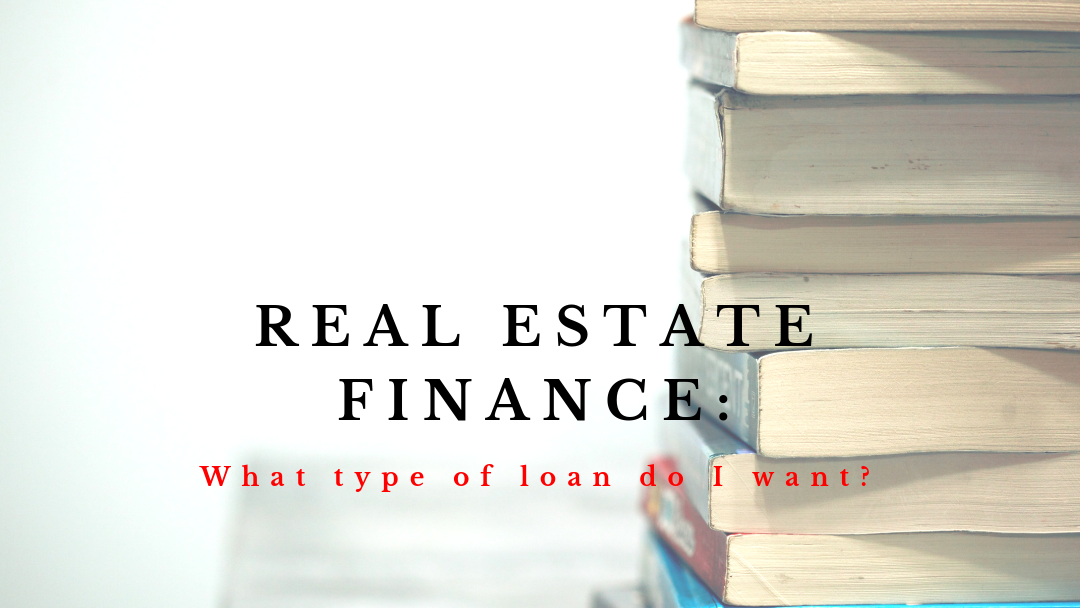We have been receiving a lot of finance questions from our clients about purchasing a home. We want to make sure our clients receive the most accurate information, so we teamed up with Karen Jackson from First Priority Mortgage to answer the most common real estate finance questions. Karen has been providing lending advice and assistance for over 20 years in PA, DE, and NJ. She is one of our in-house mortgage lenders at Keller Williams Brandywine Valley that we recommend to many of our clients.
Now, lets talk about loans. Deciding on what type of mortgage to get can seem overwhelming so we wanted to explain the different types. There are two big categories for mortgages: government and non-government (conventional) loans. The rules for government mortgages are dictated by the particular agency that is backing the loan, but conventional loans are not as cut and dry.
Government Loans:
Federal Housing Administration (FHA):
FHA is part of the Department of Housing and Urban Development (HUD). FHA rules tend to be the most liberal for qualifying and credit score. They require a 3.5% down payment and allow more seller’s assist than a low down payment conventional loan.
Mortgage insurances for a FHA loan is called a Mortgage Insurance Premium (MIP). There is a premium that is financed into the loan amount (1.75%) and also a monthly premium of .85% of the loan (divided by 12). The MIP remains on the loan for the life of the loan. It does go down each year, but it never goes away completely.
Veterans Administration (VA):
This program can only be used by a veteran and their spouse. It allows for 100% financing and the seller to pay all closing costs. The VA’s form of mortgage insurances is called a Funding Fee and is financed into the loan (or paid in cash). There is no monthly premium, and a veteran who is considered a percentage disabled is exempt from the funding fee.
United States Department of Agriculture (USDA):
Traditionally, this department financed farm-type properties, but they also have a residential mortgage program. It allows for 100% financing and for the seller to pay all closing costs up to 6% of the purchasing price. They have a funding fee that is financed into the loan amount (1%) and a monthly mortgage insurance of .3%. However, properties must be located in rural areas. They have maps showing the geographic restrictions. This program tends to be much more conservative for qualifying. They have a lower qualifying ratio requirements, and are a little stricter than FHA for credit score. It also takes a bit longer to get approved, as they require that they physically approve each file after the mortgage company has approved it.
Non-government loans:
Conventional:
All other types of financing fall under the conventional umbrella, but loans up to $484,350 tend to follow the guidelines of Fannie Mae and Freddie Mac. These agencies are quasi-government agencies.
Conventional loans allow as little as 3% down. The mortgage insurance is provided by private companies which is why it is called Private Mortgage Insurance (PMI). The rates are pretty stardard from company to company though. PMI rates are affected by down payment amount, property type, credit score, and even the number of borrowers on the loan. So, there is no set number like there are with government loans. A mortgage lender will run the specifics through a program that then provides the factors to be used for the PMI.Jumbo:
Jumbo loans are also non-government/conventional loans, but they are for loan amounts that exceed the maximum Fannie Mae mortgage amount of $484,350. They do not really have any national standards for guidelines. The rules are as individual as the banks who back them. In general, the minimum down payment is usually around 10% (sometimes 5%), and the best terms will be for 20% or more down. They tend to be a little more conservative in their qualifying and credit score requirements, as well.
Do I want a PMI?
As I mentioned earlier, the type of mortgage insurance you get depends on the type of financing you are getting. PMI stands for Private Mortgage Insurance and is the tpe of mortgage insurance you would have with conventional loans. With conventional loans, you have the option to handle the PMI a few ways.
To have it included in your monthly payment
To pay it one time as a single premium at settlement
To have the lender pay it – called a no PMI loan.
- This usually comes with a higher interest rate, but can still be beneficial in some situations.
Since PMI is not tax deductible, and interest is tax deductible, you can have a bigger tax deduction with a no PMI loan. Often, the monthly payment is also lower even though the rate is higher because you don't have the PMI in your monthly payment. Things like credit scores, qualifying ratios, and down payment amount can impact the amount of your PMI, so it is important to discuss with a mortgage professional to get the most accurate numbers.
Financing for fixer-upper work:
There are multiple loan programs out there for properties that will require renovations. To receive an FHA 203K or Fannie Mae Homestyle Renovation loan, your sale should be contingent on getting the approval for your renovation plans. Others rehab loans can be acquired after you have purchased the property. Let’s take a look at the difference between these loan programs.
FHA 203k loans
FHA 203K loans allow a borrow to finance 96.5% of the purchasing price, plus the rehab costs. However, the amount cannot exceed 110% of the “after-improved” value. (For primary residences only)
The offer for a home will be contingent on acquiring the 203K mortgage, and the loan amount will be listed as “TBD”
A contractor, and usually a FHA 203k Consultant, determines what needs to be done and how much it will cost
It requires the approval of the buyer, property, contractor, work estimate, and draw schedule.
Once everything is approved, settlement can happen. The money for repairs will be put into an escrow account, which can be drawn upon at the pre-determined stages of construction.
Fannie Mae Homestyle Renovation
For the purchase of a single family home, Fannie Mae allows up to 95% financing of the purchasing price, plus the rehab costs.
This program also allows for second home, investment properties, and even up to two units, as long as the owner occupies one of the units.
The offer for a home will be contingent on acquiring the Fannie Mae Homestyle Renovation Loan
An FHA 203K Consultant determines what needs to be done, and how much it will cost.
It requires the approval of the buyer, property, contractor, work estimate, and draw schedule.
Once everything is approved, settlement can happen. The money for repairs will be put into an escrow account, which can be drawn upon at the pre-determined stages of construction.
FHA Title 1 Home improvement loan
This is a loan that you would get after owning the home, and is intended for general home improvements
Lower loan amounts can be unsecured, and larger loan amounts can be secured with a lien against the property.
It has up to a 20 year amortization, and can be used for pretty much any home improvements.
This type of financings is very easy to get approved for. There is no equity or appraisal required. Also, there are no contractor fees, no seasoning requirements or pre-payment penalties.
100% upfront funding, with a flexible loan term, and the interest is tax deductible.
Recently, the rate was around 8%, but the 20 year amortization keeps the monthly payment low.
It is a great loan to get when there are items the buyer feels they “must” do if they purchase the house, but are not necessarily items that would keep the property from settling.
As Realtors, we cannot give advice on mortgages, so make sure you talk to a mortgage professional to learn more about your individual situation. If you would like us to put you in touch with a mortgage lender, we can give you a recommendation.
If you are thinking about starting the home buying process, we would love to help! Send us a message, or check out our FREE How To Purchase A Home Guide, and let us answer any questions you may have. Make sure you keep an eye our for our next real estate finance blog post which will be about closing costs.
-- --
If you missed our last finance post about building equity, you can check it out HERE.

